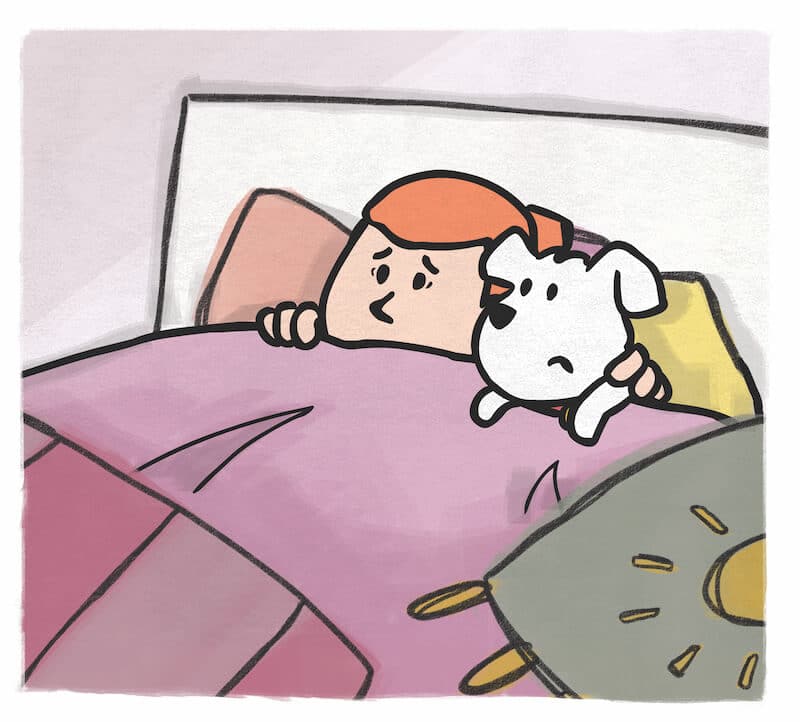16 Days of Action – Impact of Domestic Abuse on the Family

Do you believe all children have the right to a safe and happy childhood? At Home-Start Central Bedfordshire we do. The reality, however, is that even a child’s home can be an unsafe place for them to be.
Just consider these figures and note that these are from before the March lockdown, cases have since soared:
- 30,000 children live in households where there is high-risk domestic abuse*
- 64% of high and medium risk victims have children, on average two each*
- A quarter (25%) of children in high-risk domestic abuse households are under three years old. On average, high-risk abuse has been going on for 2.6 years, meaning these children are living with abuse for most of their life*
- 62% of children living in domestic abuse households are directly harmed by the perpetrator of the abuse, in addition to the harm caused by witnessing the abuse of others*
*SafeLives, policy & evidence.
Since I began working with Home-Start over 20 years ago, the public awareness of domestic abuse and violence has increased (and in turn is now on the political agenda). In the past, it was seen to be a private matter, “just a domestic” and occurred in only a few sections of society. Now we know that it affects families in all areas and from all backgrounds.
Previously it was also thought that children were not significantly affected, especially if they were not in the same room when the abuse took place. Now we know better. Today we understand how living in a home where there is domestic abuse can have detrimental short and long term effects on children. These often cast a long shadow over their lives. Negative effects include anxiety, depression, behavioural problems, low self-worth, problems at school, drug and alcohol use, running away from home and self-harm. Many children report feeling guilty, frightened, powerless, confused and alone.
It is a disturbing fact that pregnancy is often a time when domestic abuse and violence can start or escalate. Meaning the abuse can impact children even before they are born.
As children, our home is the main place that we learn. Sadly, children may copy the abusive parent’s behaviour. This can lead to them becoming an abuser themselves or enter into other abusive relationships and become a victim. The cycle continues. However, there is no automatic cause and effect; whereas some children repeat the pattern, others choose not to copy the abusive parent. This provides hope for early intervention solutions.
So what is our local charity doing about this problem? Home-Start Central Bedfordshire works with several other agencies to provide support to families who have suffered domestic abuse. As a charity, we offer one to one support for families who have left abusive situations as they readjust their lives. We provide programmes for women to help them to recover and to make sense of what has happened. By reaching the parent, we help them and their children.
But our team believes more is needed, as a society we can’t stick plasters over the wound that is domestic abuse. Early intervention and prevention are essential. Without these, the attitudes and beliefs that allow domestic abuse to exist cannot change, and the cycle will not be broken. So our charity has been running the Helping Hands course for several years now in primary schools around Central Bedfordshire. The foundation of this course is about helping children to learn non-abusive ways of handling conflict and to understand how a respectful relationship looks and feels.
We want homes in the county to be a safe place for all our children. Everyone has a part to play in making our society one in which children can grow and thrive. That is why we hope you join us in supporting the 16 Days of Action Against Gender Based Violence.
Linda Johnson, Chief Executive
Home-Start Central Bedfordshire.
